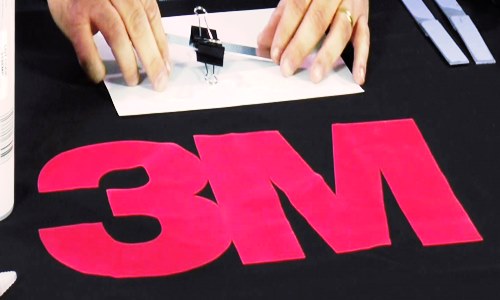
Minnesota based company 3M will reportedly be adding DP6310NS & DP6330NS – Scotch-Weld Multi-Material composite polyurethane adhesives to its portfolio. As per sources, these adhesives will be utilized in lightweight assemblies inside buses, trucks, RVs, passenger rails and specialty vehicles, and inside other domains like panels & sporting goods as well. For the uninitiated, a majority of design engineers heavily rely upon composites to lower costs and increase possibilities of light-weighting in assemblies. Conventional mechanical fasteners are ineffective with these materials due to their fatigue-limited stress absorption, prompting sacrifices from engineers many a times to adjust to the mechanical fastener’s limited capabilities. Reports claim that these composite urethane adhesives were basically developed to establish durable bonds with minimal surface preparations in between medium-to-high energy surfaces such as carbon fiber, reinforced plastic, painted/nonpainted metal and fiberglass. According to 3M, these adhesives possess quick and robust bonding capability, facilitating engineers with extra leg-room to investigate new design options. Strong, long-term bonds between different materials require items which are energy absorbing, and these adhesives were developed to facilitate high strength and durability when attaching composites to metals, the company further reports. Chris Enstrom, Marketing Manager, Structural Adhesives, has been quoted stating that 3M uses composite materials as a rising trend, but often times, mechanical fastener facilitated assembly is not economical, aesthetically-pleasing or efficient. Quite naturally, this scenario makes the Scotch-Weld Multi-Material Composite Urethane Adhesives the default product of choice for composite material bonding, more so in the transportation and sporting goods domains, he further claims. For the record, these Scotch-Weld adhesives are low in odor and are available in two different – 10-minute work life & 30-minute work life – versions having different handling periods to fit the assembly scope. Both versions can typically be used without needing any primer, speeding up the process of application, state authentic reports.




